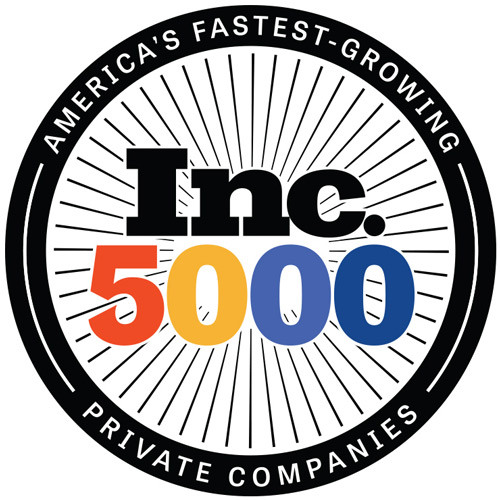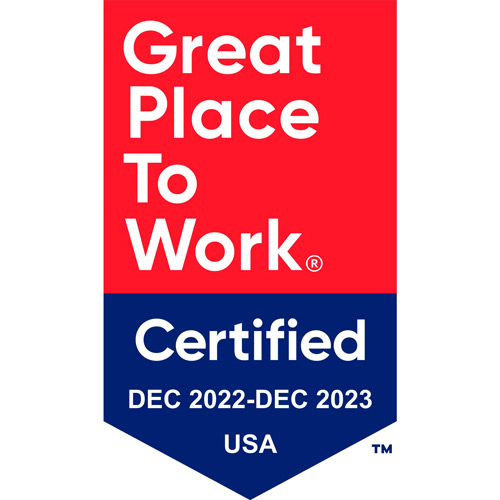Expert Strategies in Medical Device Regulation: The Essential Role of a Consultant
- Jessica R.
- November 20, 2023
- Edited November 20, 2023
Table of Contents
In the dynamic and intricate realm of healthcare technology, successfully introducing a medical device involves a thorough understanding of regulatory requirements. This is a critical pathway to ensuring that products not only reach the market but also meet the stringent safety and quality standards set by governing bodies. Here, the expertise of a medical device consultant is not just helpful, but essential. This blog post aims to explore the indispensable role of a medical device consultant in skillfully guiding through these regulatory challenges. By emphasizing practical advice and clarity, we will illuminate how to effectively manage and leverage these regulatory demands, transforming potential roadblocks into opportunities for triumph.
Deciphering Regulatory Frameworks
Initially, mastering regulatory requirements begins with a deep dive into the governing frameworks. A medical device consultant is key in deciphering these complex rules and guidelines. Each region, be it the FDA in the United States or the EMA in Europe, has its own specific set of regulations. Therefore, the in-depth knowledge that a consultant brings is crucial for ensuring that a medical device is crafted and developed in alignment with the pertinent standards from the outset. Consequently, this insight not only streamlines the approval process but also upholds the highest levels of safety and efficacy for users.
Prioritizing Risk Management and Compliance
Subsequently, risk management is an integral part of the medical device sector. It involves anticipating and mitigating potential issues that might arise during the product’s lifecycle. A medical device consultant lends their expertise in identifying and managing these risks effectively. Moreover, compliance is another vital area where consultants add significant value. They aid in formulating strategies that synchronize product development with regulatory requisites, ensuring every phase, from concept to post-market surveillance, complies with the necessary protocols. This proactive stance in risk management and compliance not only prevents regulatory setbacks but also establishes a foundation of trust and reliability with consumers and regulatory entities.
Facilitating Communication with Regulatory Bodies
Furthermore, maintaining clear and effective communication with regulatory authorities is crucial for a seamless approval process. A medical device consultant acts as an intermediary between your company and these agencies, fostering a transparent and efficient dialogue. Their grasp of the subtleties of regulatory language and their ability to present your device’s data and documentation effectively are particularly vital when responding to queries or concerns from these bodies. This skill ensures that responses are timely, precise, and meet the agencies’ expectations. Effective communication not only makes the approval process smoother but also establishes a favorable relationship with regulatory agencies, beneficial for both current and future endeavors.
Navigating Post-Market Surveillance
Moreover, the regulatory journey doesn’t conclude once a medical device is available in the market. Post-market surveillance is a pivotal aspect, crucial for ensuring the ongoing safety and effectiveness of the device. A medical device consultant is indispensable in this phase, helping to establish systems for monitoring and reporting any adverse events or malfunctions. They ensure that your organization responds swiftly and adheres to mandatory reporting requirements. This vigilant approach not only helps in maintaining regulatory compliance but also gathers valuable insights for future innovations and improvements.
Adapting to Evolving Regulatory Changes
Additionally, it’s important to recognize that regulatory landscapes are dynamic, changing with technological advancements and emerging health concerns. A medical device consultant stays abreast of these changes, guiding your organization through new regulatory terrains. Their expertise is crucial in interpreting new guidelines and understanding their implications on your products. By remaining informed and adaptable, a consultant ensures that your organization navigates these shifts smoothly, minimizing disruptions and seizing new opportunities that come with regulatory evolutions. For more details visit us at https://gmppros.com/.
Empowering Your Team Through Education
Lastly, the role of a medical device consultant extends beyond navigating regulations; it involves educating and empowering your team. By imparting their knowledge, consultants help instill a culture of compliance and quality within your organization. This empowerment is key to nurturing innovation while upholding regulatory integrity. The consultant’s role in training and supporting your team ensures that regulatory compliance becomes an integral part of your organizational ethos, fostering a collective commitment to excellence.
Conclusion
In conclusion, the role of a medical device consultant in the regulatory field is both comprehensive and crucial. From deciphering complex regulatory frameworks to managing risks and ensuring compliance, their expertise is invaluable. Furthermore, effective communication with regulatory bodies, adaptation to regulatory changes, and empowering your team through education are essential elements of this journey. Partnering with a knowledgeable consultant can transform regulatory challenges into opportunities for success, ensuring that your medical devices not only comply with but exceed the highest standards of safety and efficacy. This partnership is not merely about meeting requirements; it’s about setting a benchmark for excellence in the medical device industry. This collaborative approach ensures that navigating the regulatory realm is not a daunting task but a strategic advantage in the competitive landscape of medical technology.
Read More:
Role of Medical Device Consultant

Jessica R.
Jessica is a seasoned GMP compliance consultant and technical writer specializing in pharmaceutical manufacturing, data integrity, and quality assurance. With over 12 years of experience working with global pharmaceutical firms, Jessica brings deep industry insights into FDA, EMA, and MHRA regulations.


